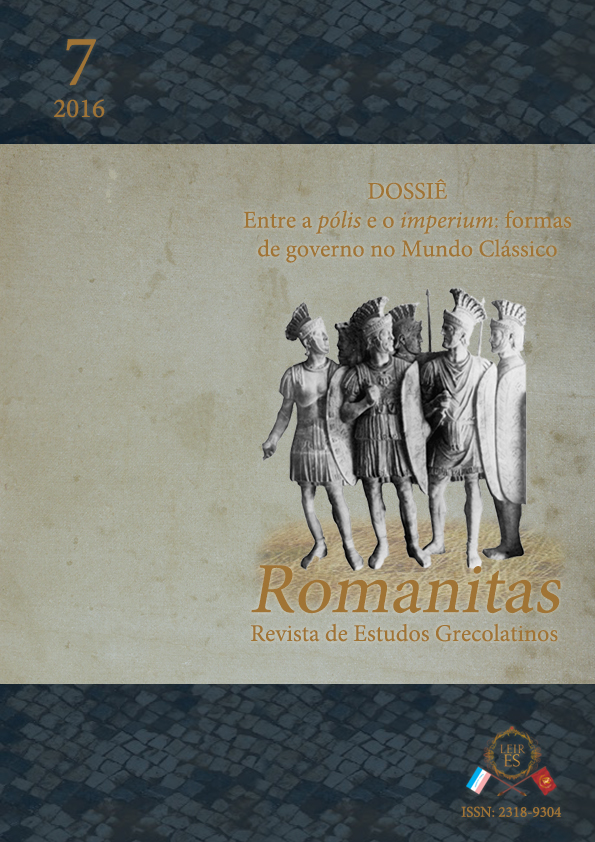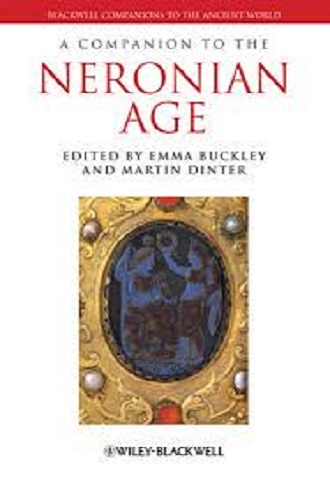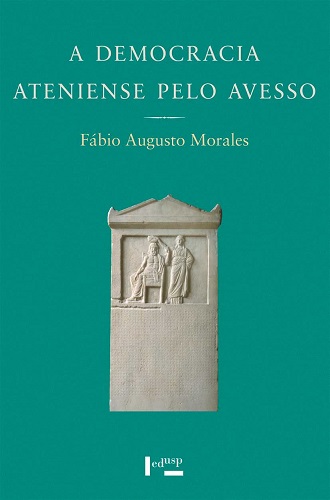Make a Submission
Metrics
Keywords
Information
Romanitas - Revista de Estudos Grecolatinos is a semiannual electronic publication maintained by the Laboratory of Studies on the Roman Empire, Section ES (Leir/ES). For better viewing we recommend a minimum resolution of 1024 x 768. This is a responsive site, feel free to access it through mobile devices.
© 2013-2020 | Laboratory of Studies on the Roman Empire, Section ES. ISSN: 2318-9304.






























